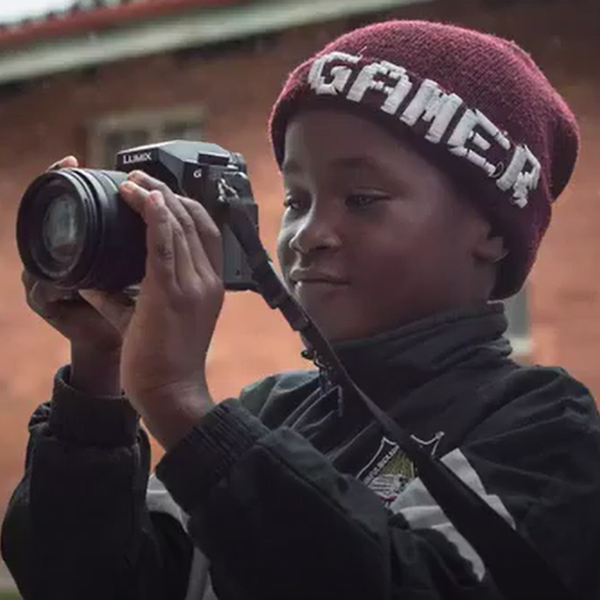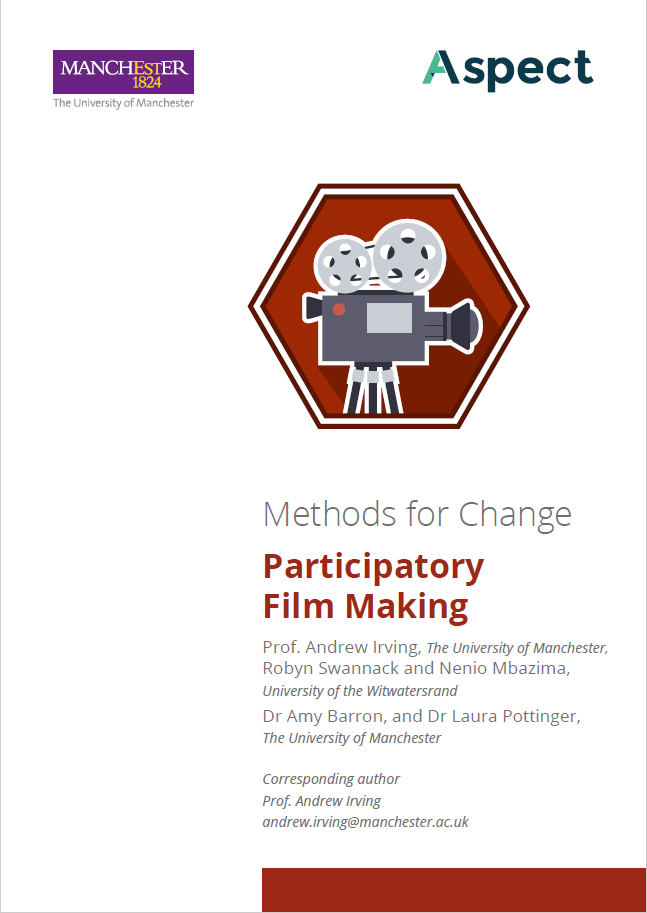Research Method: Participatory Film Making
Participatory Film Making involves working collaboratively with people using photography and film making to generate new knowledge and understandings about the perspectives and experiences of a particular group or community.
This method involves training participants to become film makers and co-researchers through guided learning and by teaching techniques such as composition and editing. The collaborative nature of this method means it is effective in displacing power relationships and can make participating in research and the creation of knowledge more inclusive and rewarding. Participatory Film Making involves identifying relevant themes and areas of interest and concern with those you are working with; investigating key themes and issues through photography and film; developing and discussing these areas through making creative outputs, which then feed into peer learning and follow-on exercises. This method is therefore cyclical and is driven by practice, whereby each process informs the next. In this method, photography and film making are seen as both life enhancing skills to be taught to participants, and an appropriate and effective pedagogical mechanism for exploring issues, topics and questions, including difficult or sensitive areas that other approaches might struggle to address. The skills participants acquire through their involvement in Participatory Film Making can then be used long after the research has ended. Participatory Film Making is concerned with both the process of learning and the end result. Developing film and photography skills together allows participants to feel included and involved in the research process and has additional benefits in terms of establishing social relations and group dynamics. Having co-researchers who are already embedded in the communities and contexts you are interested in can also be particularly valuable when researching sensitive topics or when working in different cultural contexts. Indeed, this method can be used to ask and address a range of questions and issues that may not lend themselves to other approaches, such as conventional interviews, questionnaires or textual methods. For example, when working in informal contexts, with vulnerable groups or children, they can facilitate a better understanding of people’s lived experiences.
You can find all the research outputs from the Methods for Change series here






